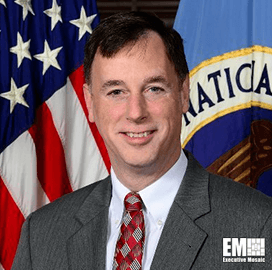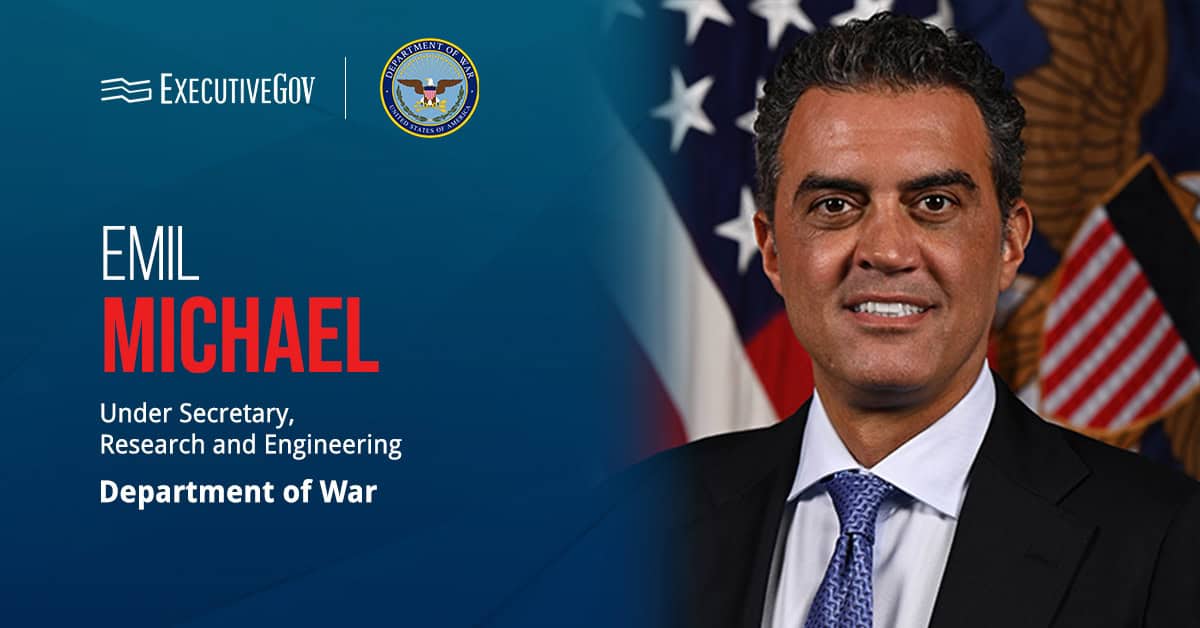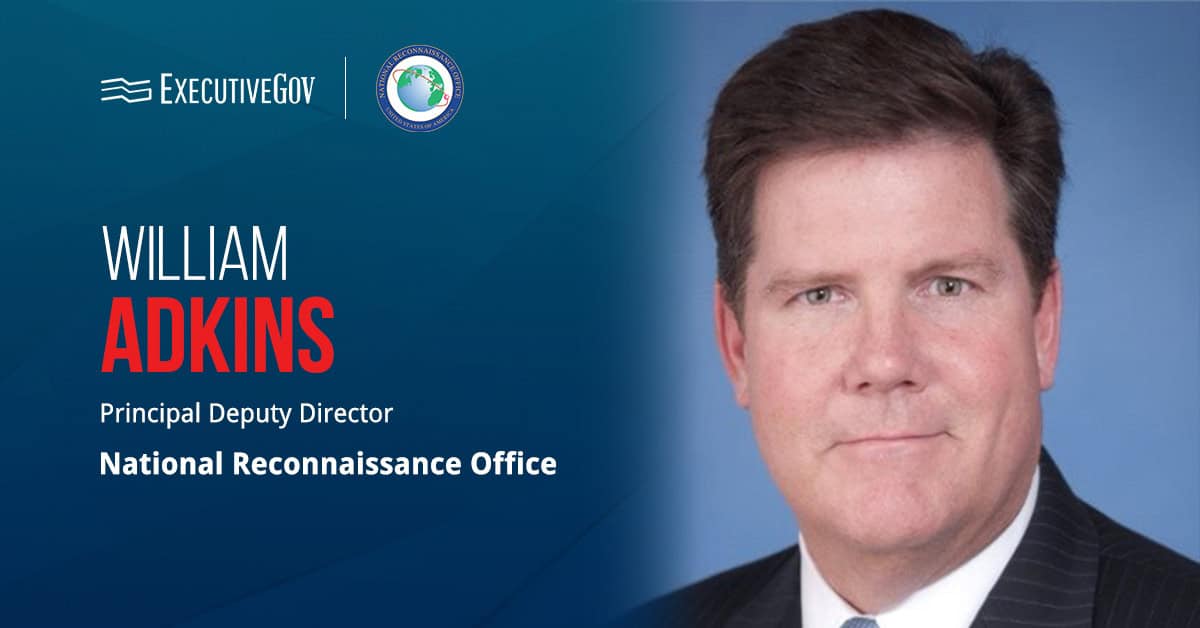Rob Joyce, director of cybersecurity at the National Security Agency and a two-time Wash100 awardee, will retire from NSA after 34 years of service.
He will step down as head of the Cybersecurity Directorate, or CSD, and deputy national manager for national security systems by the end of March, NSA said Tuesday.
Joyce joined the directorate in 2021 after serving as NSA’s top cryptologic representative in the U.K.
His previous positions include special assistant to the president within the National Security Council, cybersecurity coordinator at the White House, acting homeland security adviser and head of the Tailored Access Operations at NSA.
David Luber, deputy director of NSA’s Cybersecurity Directorate, will succeed Joyce as head of CSD.
Luber, who has been with NSA for over three decades, previously served as executive director for U.S. Cyber Command.





